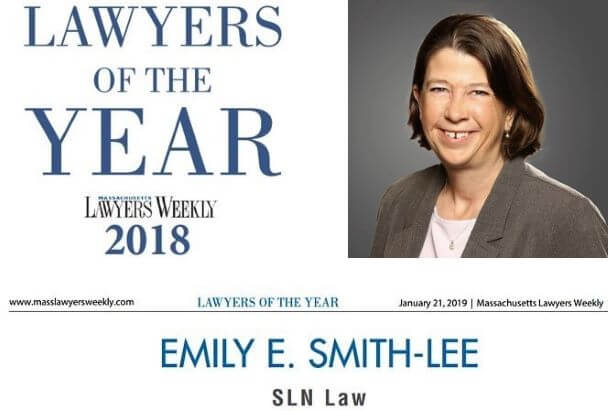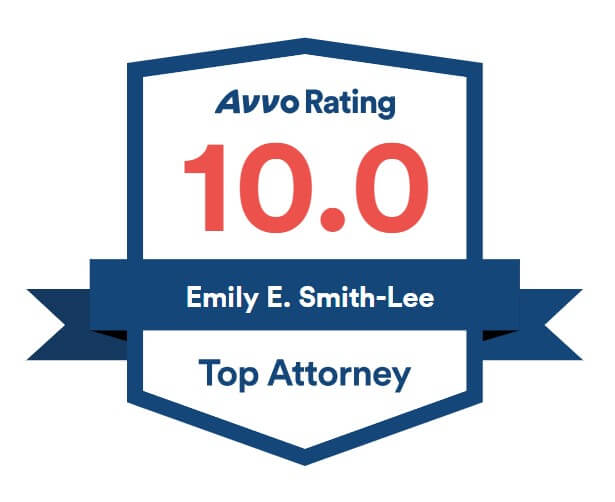Trademark Essentials: Protecting Your Small Business Brand
Why Trademark Protection MattersIt's never too early to safeguard your business identity. Learn how to secure legal protection for your business name, logo, tagline, or other brand elements. Protect your brand before others attempt to capitalize on your hard work and creativity.
Understanding TrademarksIn the realm of commerce, trademarks are powerful tools that allow businesses to set themselves apart. A trademark, typically represented as a word, phrase, symbol, or design, serves as a unique identifier of your products or services. As soon as you start using a name or logo ("mark") for your business, you gain some degree of common law trademark protection. However, it's essential to ascertain whether your mark infringes upon existing trademarks or if someone else has registered a similar mark with the United States Patent and Trademark Office (USPTO).
Why Register a TrademarkRegistering your trademark offers several invaluable advantages:
Determining EligibilityTo gain trademark protection, your mark must possess a distinct quality. For instance, generic terms like "food" cannot be trademarked. However, marks with a unique quality, such as "myfoods," "bliss foods," or "food made fabulous," can be eligible for trademark protection. Conducting a preliminary search on the USPTO trademark database can help you determine if your business name or tagline is already trademarked by someone else. Even if there's an existing registration, further inquiry may reveal opportunities for coexistence if the categories of goods or services differ significantly.
How to Register a TrademarkNavigating the trademark registration process can seem daunting, but it's manageable. You can choose to file the application yourself, following the instructions provided by the USPTO. Each classification you seek protection in incurs a $250 filing fee. If you're unsure whether your mark will face challenges during registration, seeking legal advice can be invaluable. This early assessment can help you avoid losing your investment of time, effort, and filing fees.
|
We're Here to Help.OR
|
Questions About Protecting Your Name or Your Trademark?
Our Solutions Roadmap is a quick and easy way to share the details of what you are facing and receive preliminary feedback from a member of our team. Use the button below to get started- it is 100% confidential and 100% free.
Trademark vs. Copyright
Understanding the distinction between trademarks and copyrights is vital. Trademarks protect brand identity, while copyrights safeguard creative works. Whether you're protecting your business name or a unique piece of content, it's crucial to know which legal avenue to pursue. Trademarks primarily focus on brand identification and protection, ensuring your business stands out in the marketplace.
Do You Need Legal Assistance?
While it's possible to register a trademark independently, seeking legal counsel can provide valuable insights, especially in complex cases. Legal professionals can assess the likelihood of successful registration, ensuring you don't encounter unforeseen obstacles. Protecting your brand's future is an investment in your business's long-term success. Don't leave it to chance—act decisively to secure your trademark today.
Meet Our Business Attorneys

Emily Smith-Lee is the owner and founder of slnlaw. She is a 1996 graduate of Boston College Law School. She was previously a partner at the Boston office of a large international firm, where she worked for thirteen years with a focus on business litigation. In 2009, she started the firm that since became slnlaw, and has grown it from a solo practice to a five-attorney firm with multiple practice areas. She has been recognized as Massachusetts Superlawyer each year since 2013, and in 2018 earned recognition as one of Massachusetts Lawyers Weekly's Lawyers of the Year. She has written a book on employment law: Rules of the Road, What You Need to Know About Employment Laws in Massachusetts, and helped hundreds of small business owners with contracts, business transactions, employment law advice, business incorporation, and risk management. She has also litigated business disputes in state and federal courts.

Rebecca Rogers: Rebecca is a 2006 graduate of Boston College Law School, and has worked with slnlaw since 2013. She previously worked as an intellectual property litigation attorney for Fish & Richardson in Boston, Massachusetts, and clerked for the Massachusetts Supreme Judicial Court. Rebecca has helped clients with business contracts, employment contracts, and employment law advice.

Jenna Ordway: Jenna is a 2013 graduate of Quinnipiac Law School, and also earned an LLM in Taxation from Boston University in 2015. She has been affiliated with slnlaw since 2011, first as a law clerk and then as an attorney. Jenna has been recognized since 2019 as a "Rising Star" by Massachusetts Superlawyers. Jenna has helped many small business owners with simple and complex business incorporation, contract review, advice and analysis regarding business disputes, employment law advice, and advice about business succession considerations as part of estate planning.

Elijah Bresley: Eli is a 2014 graduate of Seton Hall Law school, and has worked with slnlaw since 2020. He previously worked for a boutique employment law firm outside of Boston, and then for the Labor and Employment department of a large Boston firm. He also spent a year clerking for the judges of the Superior Court in Hartford, Connecticut. Eli has helped our small business clients with employment law advice and defense of employment-related lawsuits in MCAD and state and federal courts.

Sharleen Tinnin: Sharleen is a 2010 graduate of Northeastern University School of Law, and has been with slnlaw since 2023. Prior to joining slnlaw, she worked with King, Tilden, McEttrick & Brink, P.C. on complex civil litigation matters. She previously worked for the United States Department of Justice, and received an "Excellence in Justice" award in 2017. Sharleen has helped clients litigate business disputes in state and federal courts, and advised business owners about succession considerations as part of their estate planning.
How We Can Help
At slnlaw, we provide expert guidance on trademark protection, ensuring your brand's integrity and legal compliance. You can use the button below to schedule a free consultation, or give us a call at (781) 784-2322.
|
Emily Smith-Lee Rated by Super Lawyers loading ... |
Jenna Ordway
Rated by Super Lawyers loading ... |


